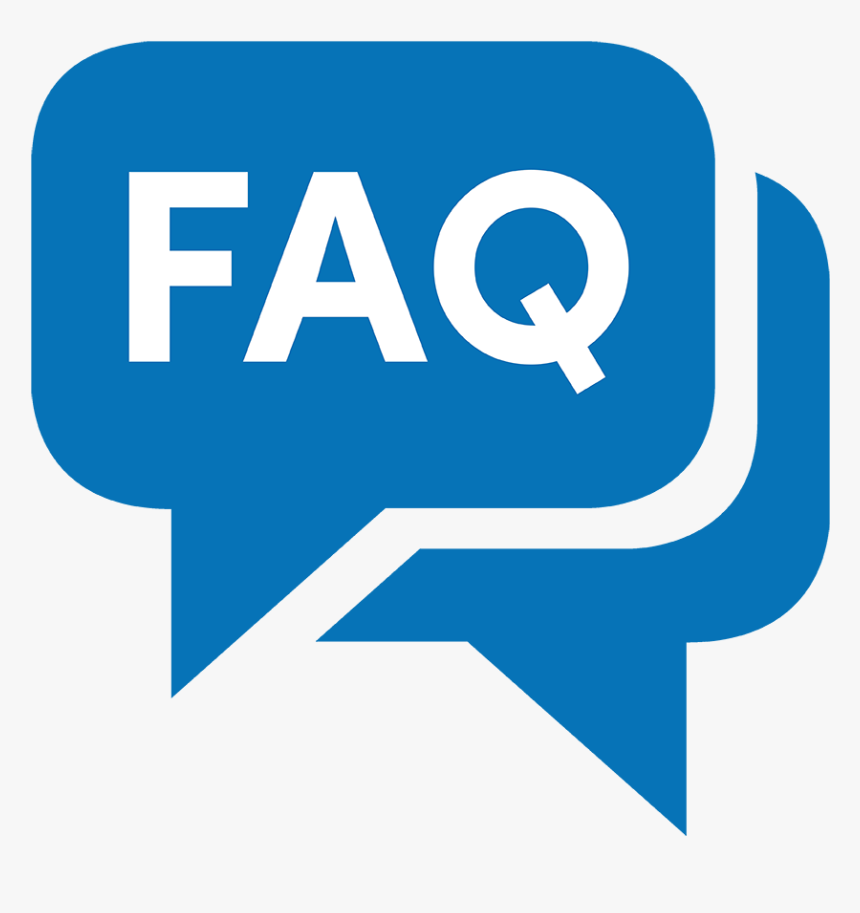FAQ
Frequently Asked Questions
Let us know how we can help you with your notary needs
email: xxxx7002@yahoo.com
phone number: 3232308185

The signer must be in the physical presence of the notary before the notary may lawfully notarize
What is a notary public?
A Notary Public is an official of integrity appointed by state government —typically by the secretary of state — to serve the public as an impartial witness in performing a variety of official fraud-deterrent acts related to the signing of important documents. These official acts are called notarizations, or notarial acts. This official serve the public as an impartial witness. Because a notary is a public official, he or she is obligated to serve all persons who request lawful notarial acts during normal business hours.
Can a notary public prepare my documents?
Absolutely NOT! A notary is not allowed to prepare legal documents or offer legal advice about a particular document (unless he or she is also an attorney). A notary public in most of the United States and Canada has limited powers than those of civil-law or other common-law notaries, both of whom are qualified lawyers admitted to the bar: such notaries may be referred to as notaries-at-law or lawyer notaries. In common law, notarial service is distinct from the practice of law, and giving legal advice and preparing legal instruments is forbidden to notaries such as those appointed throughout most of the United States of America.
What is mobile notary signing agent?
A Mortgage Notary Signing Agent is a Notary Public who specializes in the process of obtaining and notarizing the signatures of the party(ies) involved on real estate loan documents for the purpose of closing a real estate loan transaction. Lenders who offer correspondent loans across the country rely heavily on competent Mortgage Notary Signing Agents to complete the signing and notarizing portions of the real estate loan transaction in a professional, reliable and accurate manner.
Which form of ID are acceptable?
- A California driver’s license or nondriver’s ID
- A U.S. passport (or passport card)
- An inmate identification card issued by the California Department of Corrections and Rehabilitation if the inmate is in prison or any form of inmate identification issued by a sheriff’s department if the inmate is in custody in a local detention facility.
- A U.S. military ID
- A valid foreign passport from the applicant’s country of citizenship
- An employee ID issued by an agency or office of a California city, county, or city and county
